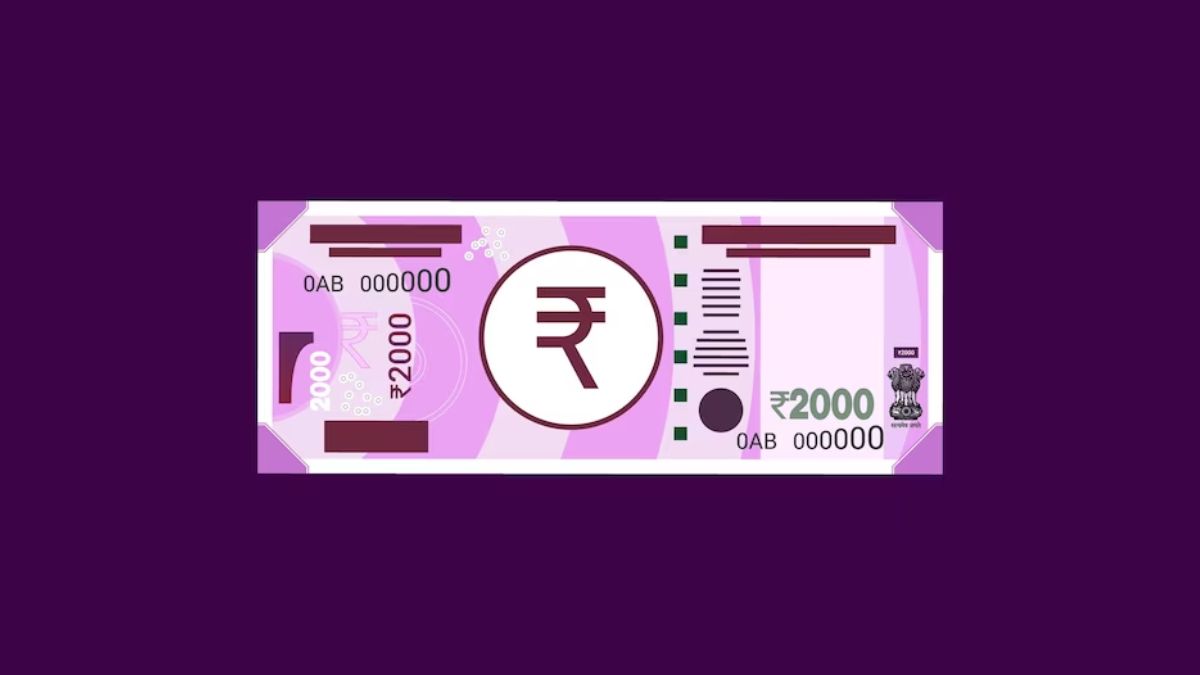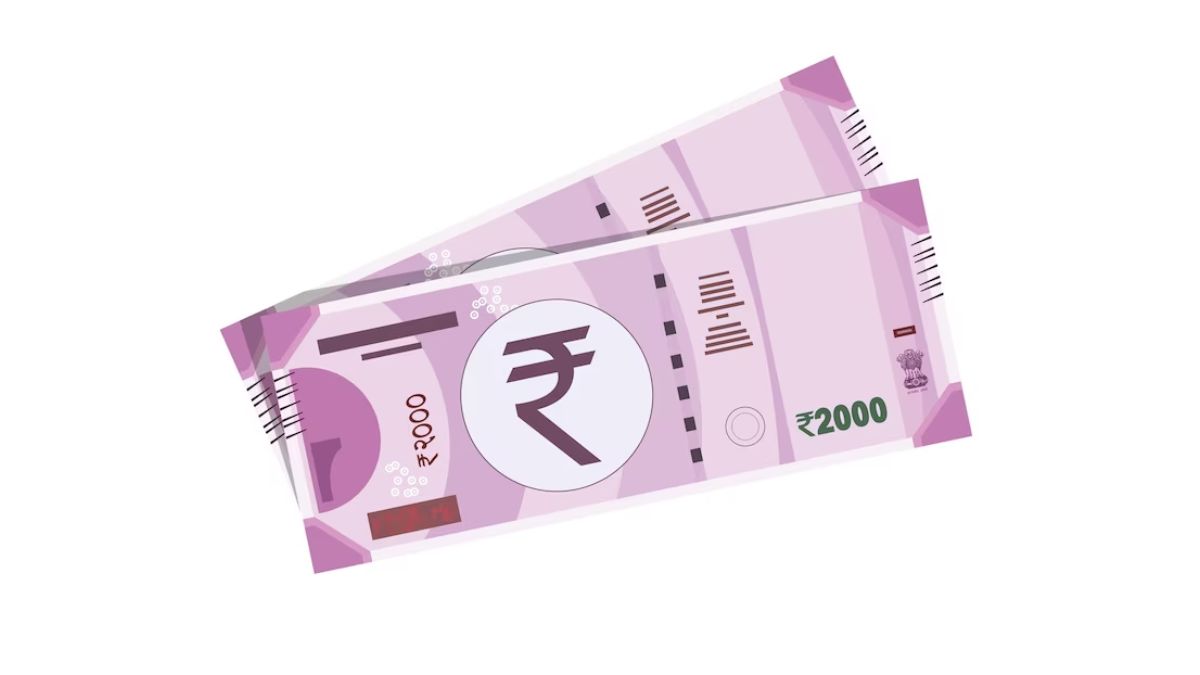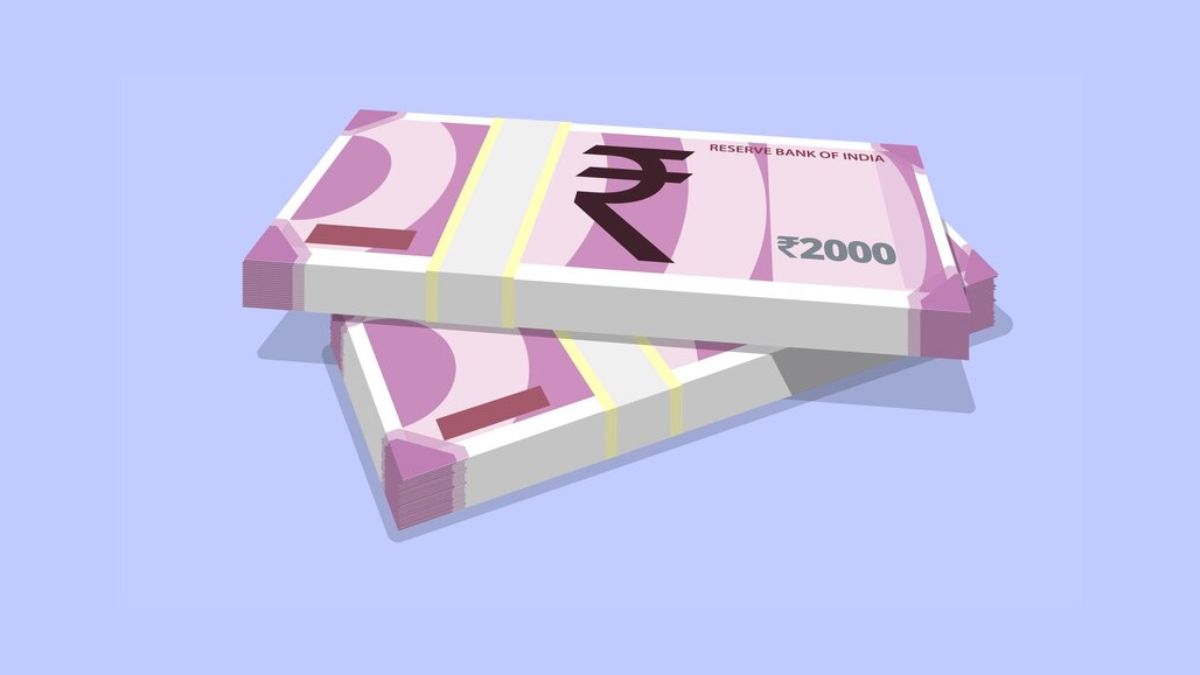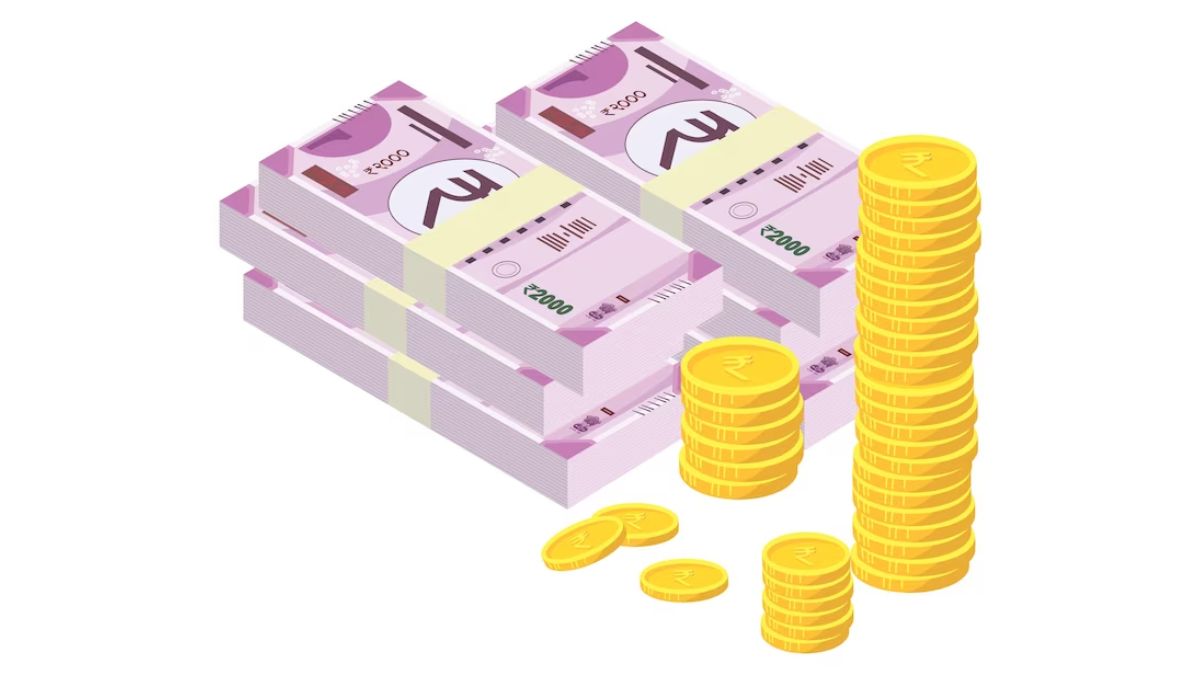
On May 19, the Reserve Bank of India (RBI) announced that ₹2,000 currency notes will be withdrawn from circulation. It has also asked people to deposit the notes into their bank accounts or exchange them from Indian banks by September 30, 2023.
There are no restrictions on the amount that you can deposit. The exchange facility will begin on May 23, 2023. However, misinformation regarding this announcement has been circulating. In its circular, RBI answered all the queries.

No. According to the statement issued by the RBI, ₹2,000 notes will continue to maintain their legal tender status. Hence, if someone refuses to accept the currency notes in the market claiming it has become illegal to trade in terms of it, you can tell them the truth.
Yes, you can still make transactions in the denomination of ₹2,000 notes. Shopkeepers and customers can receive and make payments using ₹2,000 notes. But, you must exchange all the currency notes in your nearby banks before September 30, 3023.
No, the RBI circular read, “Members of the public may deposit ₹2,000 banknotes into their bank accounts and/or exchange them to banknotes of other denominations at any bank branch.”
The statement further read, “To ensure operational convenience and to avoid disruption of regular activities of bank branches, exchange of ₹2,000 banknotes into banknotes of other denominations can be made upto a limit of ₹20,000 at a time at any bank starting from May 23, 2023.”

The currency notes of ₹2,000 were introduced in November 2016, under Section 24(1) of the RBI Act, 1934, and 89% of them were issued before March 2017. Therefore, they are at the end of their life span, which is four to five years.
Over the years, the total value of the circulation of these notes has declined from ₹6.73 lakh crores, which was the peak value around March 31, 2018, to ₹3.62 lakh crores, which makes up only 10.8% of the notes in circulation as noted till March 31, 2023.
RBI also said that the ₹2,000 currency notes are not common among preferred modes of transactions. “Further, the stock of banknotes in other denominations continues to be adequate to meet the currency requirement of the public,” the statement read.
In 2013-14, RBI had undertaken a similar kind of withdrawal of notes.
Don't Miss: Income Tax Laws For Wedding Gifts
No, the RBI has instructed all Indian banks (Make The Best Of Your Bank Accounts) to stop issuing ₹2,000 currency notes with immediate effect.
No, there is no fee that citizens have to pay when exchanging ₹2,000 currency notes in banks.
Don't Miss: 3 Scams That You Must Be Wary Of To Protect Your Money

The RBI has instructed Indian banks to make arrangements for senior citizens and people with disabilities to ensure smooth exchange without any inconvenience.
While ₹20,000 is an upper cap on the exchange, there is no restriction on the amount a citizen wants to deposit into their bank accounts. “Cash (Liquidate Assets) requirements can be drawn thereafter, against these deposits,” the statement read.
If you have further queries, write to us on Facebook. Stay tuned to HerZindagi for more.
Also watch this video
Herzindagi video
Our aim is to provide accurate, safe and expert verified information through our articles and social media handles. The remedies, advice and tips mentioned here are for general information only. Please consult your expert before trying any kind of health, beauty, life hacks or astrology related tips. For any feedback or complaint, contact us at [email protected].